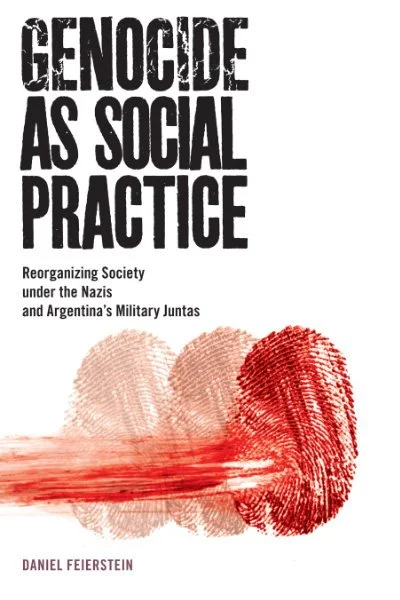By The Right Hon. Viscount Bryce
When Essays and Addresses in War Time appeared in December 1918, the Great War had not yet fully settled into memory. The armistice was scarcely a month old; the dead lay uncounted; the maps of Europe were still provisional, and new nations were appearing almost daily. It was into this unsettled moral and political landscape that Viscount James Bryce (1838–1922) published this set of reflections — part justification, part analysis, and part moral plea — for what he regarded as one of civilization’s defining struggles.
Bryce was no ordinary commentator. Historian, jurist, diplomat, and moral philosopher, he had served as British ambassador to the United States (1907–1913) and was known across Europe and America as one of the most lucid defenders of democratic government. His monumental works — The Holy Roman Empire (1864) and The American Commonwealth (1888) — had already secured his international reputation. Yet Essays and Addresses in War Time reveals another dimension: a statesman confronting the collapse of Enlightenment ideals under the strain of modern total war, and seeking to explain to neutral nations why the conflict could not be reduced to a mere clash of power or empire, but must be seen as a moral contest over the principles of civilization itself.
Read-Me.Org Inc. New York-Philadelphia-Australia. 2025. 156p.




